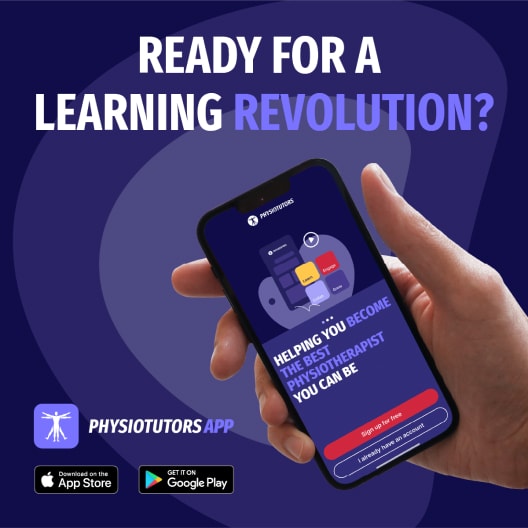Learn
What’s P-Hacking? | Statistics
P-hacking is a term used to describe various techniques that researchers can use to increase the chances of finding statistically significant results in their study, even if the results are not actually meaningful. This is a form of data manipulation that can lead to the publication of false positive results.
Eg.
In a study that compares the effectiveness of two different physiotherapy interventions for rotator cuff-related shoulder pain, a researcher may conduct multiple analyses of the data, only reporting the ones that show a statistically significant difference between the two interventions. This is p-hacking because the researcher is selectively reporting only the results that support their hypothesis while ignoring the ones that do not.
Multiple Unadjusted Comparisons
Another example of p-hacking in physiotherapy research is when a researcher conducts multiple comparisons between different interventions but does not adjust for these multiple comparisons. This can lead to an increased chance of finding statistically significant results by chance, even if the interventions are not truly different.
By selectively removing some of the data, the researcher is effectively “p-hacking” the results, as it increases the probability of finding a statistically significant difference between the two interventions, even if there isn’t any real difference. The researcher might then present the data as if it were a fair comparison, which can lead to inaccurate conclusions and mislead future research and treatment. This is just one of the ways to do this.
Unintentional
It’s critical to note that P-hacking can happen accidentally and can stem from a researcher’s lack of statistical knowledge or the pressure to publish promising results. Yet, it may also be a choice made consciously with a goal in mind. Researchers should pre-register their study design and analytic plan, report all the findings, and apply the proper statistical techniques to account for multiple comparisons in order to prevent p-hacking. In order to boost trust in the findings, replication studies and independent replication of findings may also be used.
More on Pre-Trial Registration
Pre-trial registration, which includes submitting comprehensive details regarding the research design, interventions, outcomes, and analysis plan, is the process of registering a clinical trial before it starts. This procedure is seen to be crucial for enhancing openness and minimizing bias in clinical research. Researchers commit to a set of goals and procedures by publicly registering a study before it is carried out, which can help to prevent selective reporting of results and data tampering. Pre-trial registration also makes it easier to access data on current and completed trials and prevents redundant research efforts. Registered trials are more likely to be published, which can reduce publication bias and ensure that the results of the study are available for use in clinical practice and policy-making. Pre-trial registration is an important step toward ensuring that clinical research is conducted in a transparent and rigorous manner, leading to more reliable and useful results.
References
Like what you’re learning?
BUY THE FULL PHYSIOTUTORS ASSESSMENT BOOK
- 600+ Pages e-Book
- Interactive Content (Direct Video Demonstration, PubMed articles)
- Statistical Values for all Special Tests from the latest research
- Available in 🇬🇧 🇩🇪 🇫🇷 🇪🇸 🇮🇹 🇵🇹 🇹🇷
- And much more!








